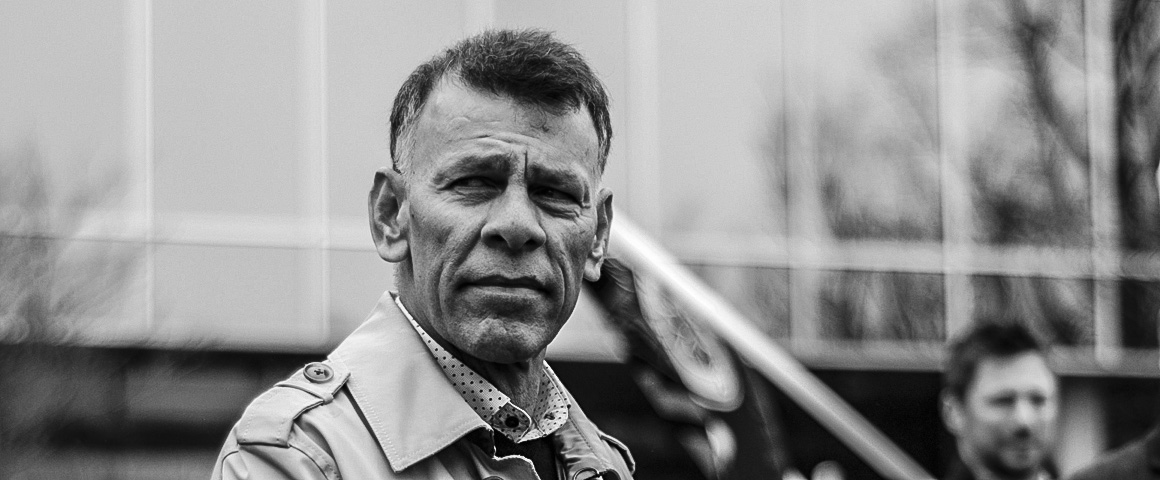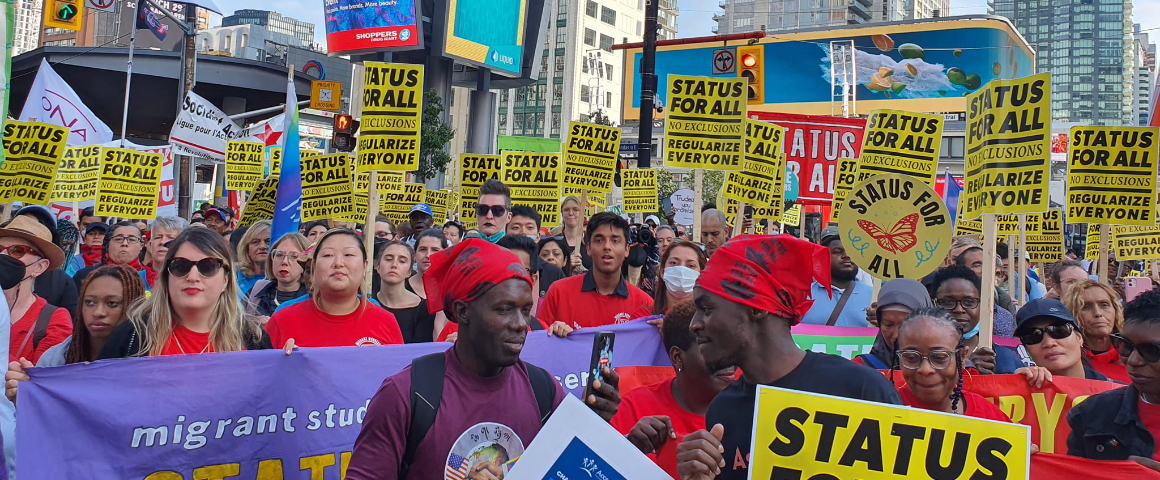It has quite a ring to it – or maybe it’s sting we’re feeling. Heading into the Canadian Labour Congress convention in June, it was a pretty open secret that Yussuff was angling for an appointment to the Red Chamber.
He had, after all, been the highest-profile trade union leader to persistently promote the Liberal Party’s penetration into the labour movement (although he may have believed the process was working in the other direction). From strategic voting, he moved to supporting the government’s approach to the NAFTA renegotiations, giving his blessing to the same kind of trade deal that labour had worked so hard to oppose through the 1980s and 1990s. Senator Yussuff even went so far as to endorse that cutting-edge neoliberal Liberal Bill Morneau for head of the OECD, a decision he announced jointly with that seasoned old neoconservative Conservative Perrin Beatty.
The indications were so plentiful that the only shocker about this Senate appointment is that there were some people who didn’t see it coming.
Still, it would have been nice if he’d waited for the ink to dry on the CLC convention documents before flipping the bird to the entire labour movement. He’ll really have to work on those kinds of indelicacies if he wants to make lasting friendships among the House of Sober Second Thought.
In fact, after some sober second thought, Yussuff’s leap off the bow of the good ship CLC doesn’t seem like much of a betrayal at all. When you figure that, for decades, the Congress and most of the provincial federations have excelled at the ignoble art of smothering labour’s independent political action just so they can outsource that responsibility to the NDP, Yussuff seems downright sensible. After all, if you’re going to slavishly depend on an outside political organization, it might as well be one that can form a government.
Jumping from the NDP to the Liberals is completely logical within the confines of right-wing social democracy, which is walled-in by class collaborationism, electoralism and reformism.
Fortunately for the working class, that’s not the only logic on offer. Labour could also tack towards class struggle positions – building up its own political demands and forging alliances in order to fight for and win them. In the process, trade unions will no doubt still endorse a number of New Democrats during elections. But those endorsements must be earned, not taken for granted, and that must happen on the basis of political priorities that flow from labour to parties, not the other way around.
It’s easy – and understandable – to spit some venom about Hassan Yussuff’s betrayal. But after that, it’s important to step back and think about the direction that labour needs to take in order to break away from that kind of approach.
Charting that kind of new direction is urgent, but it’s not easy. It’s a task that can only be accomplished through a political struggle based on clear, militant, radical and concrete working-class positions.
[hr gap=”10″]
Get People’s Voice delivered to your door or inbox!
If you found this article useful, please consider subscribing to People’s Voice.
We are 100% reader-supported, with no corporate or government funding.




